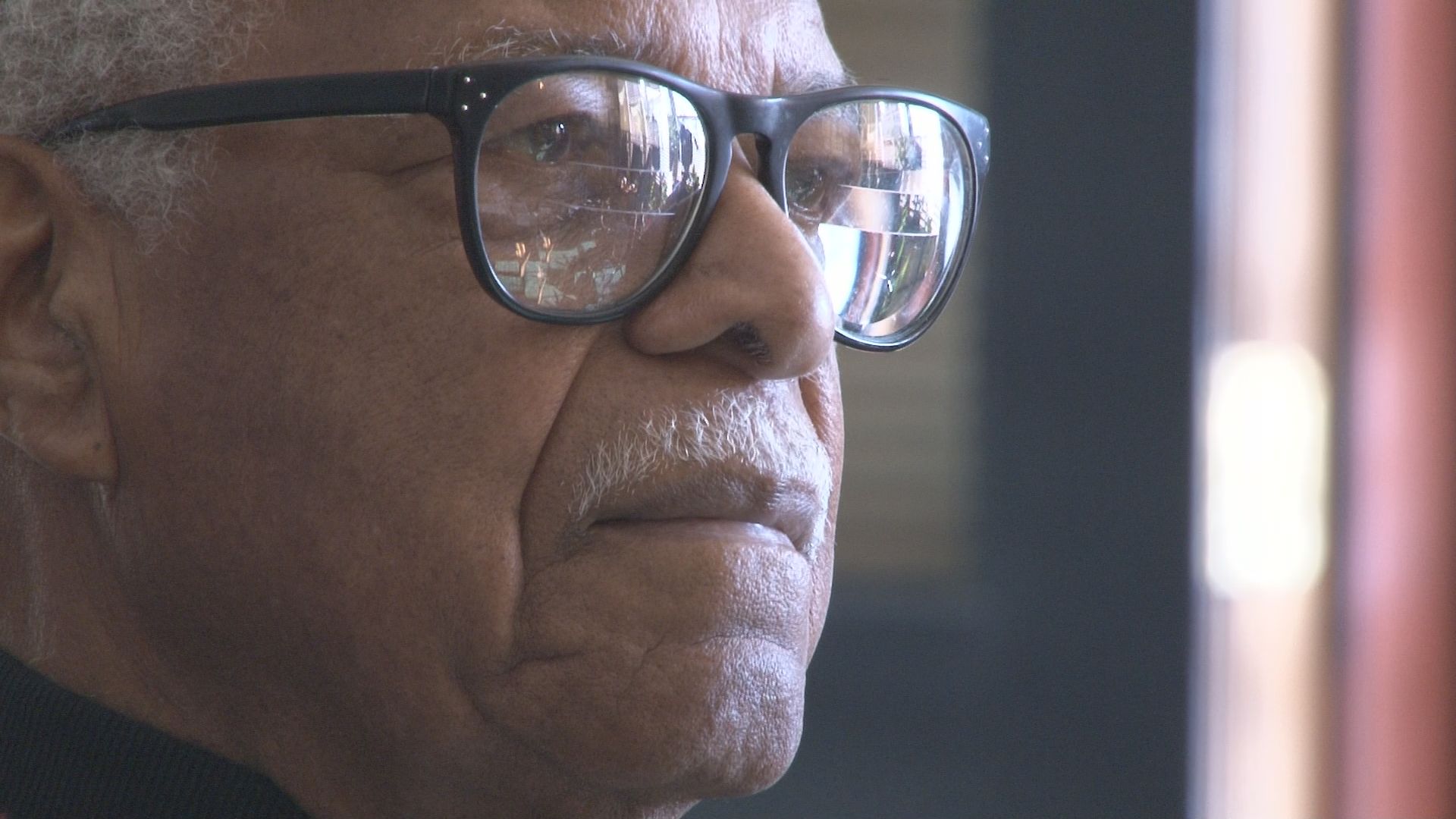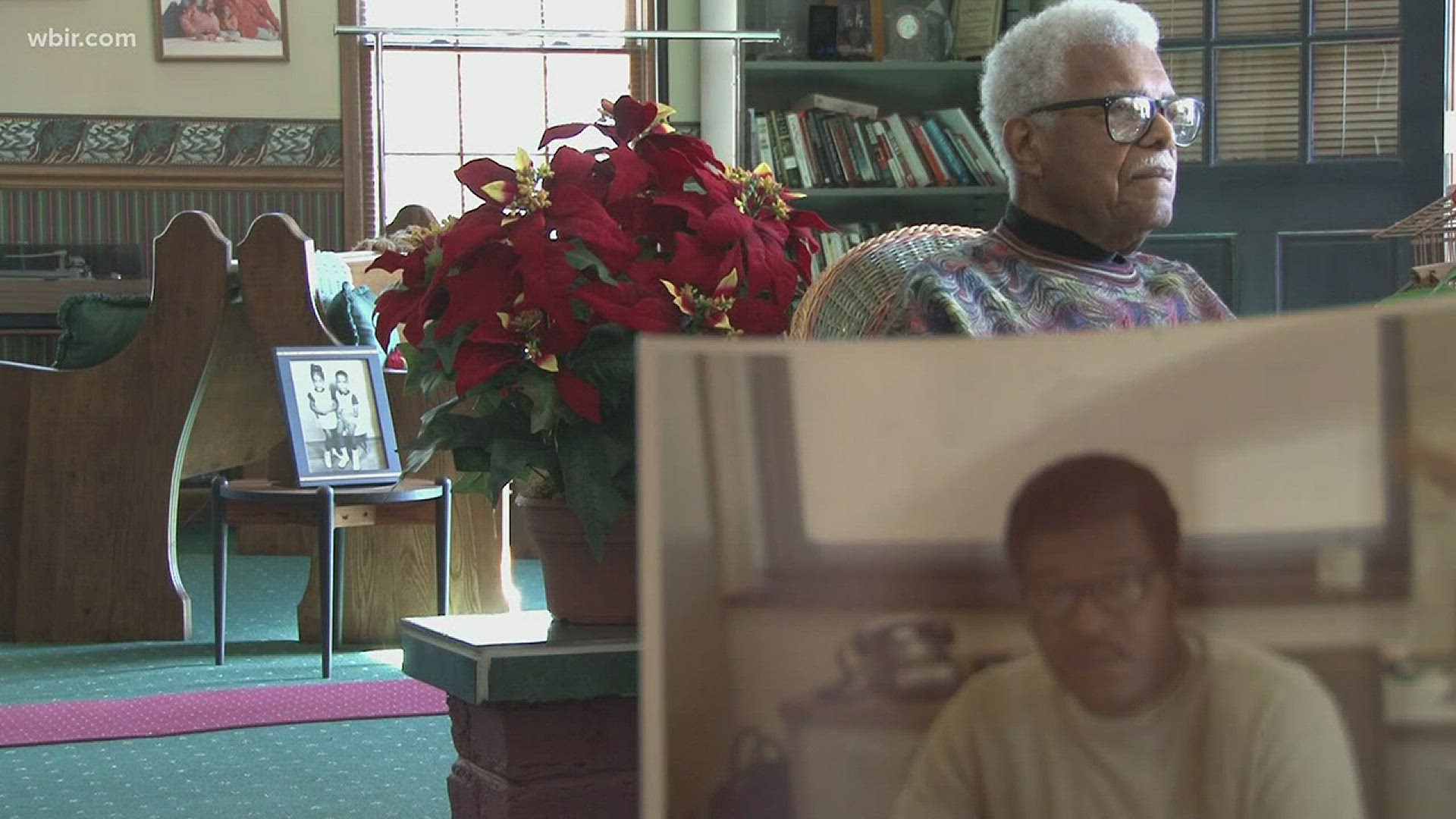More than 50 years ago, the Civil Rights movement was making waves across the nation, and here at home, the University of Tennessee's racial barriers began to dissolve.
During the late 1960s, it was a tense time, with counter sit-ins across the country. There were riots in cities like Detroit and Buffalo. And Martin Luther King Jr. was leading the charge for equal rights.
But there were signs of progress on the University of Tennessee's campus.
"When I got to the University of Tennessee, I can't say that people like me were seasoned, but I felt I was capable of having practically anything, because I had the experience," Dr. Bob Kirk said.

In 1967, University President Andy Holt hired the accomplished professor Kirk, who taught health and safety.
"During the early days, there was more of a family relationship," Kirk said. "With Andy Holt here, it was like he was a grandfather so to speak."
He worked part-time initially, and in 1969 was named the first full-time black professor at UT. He taught there until he retired in 2003.
Being the first was never his greatest achievement.
"The most lasting experience I had was working directly with students," Kirk said.
His heart is still with his students.
"Over the years, I had the opportunity to chair the committee of 51 doctoral candidates through to their earned degrees, or PhDs, EdDs or whatnot," Kirk said. "And to this very moment I try to stay in communication with them as much as possible, at least once every year."
It's that passion for people and for his job he hopes students and professors will harness in their lives.
"It's application of the skills and knowledge you now have," Kirk said. "Work on honing it."
That advice, he said, transcends all racial barriers.
Another tip that would do us all well:
"And I don't care what their color is, just get to know people," Kirk said.
Kirk encouraged professors to do more research and push to get tenured.
He also hopes everyone will take time to learn more about African American history, whether it's through books, movies or photographs.

